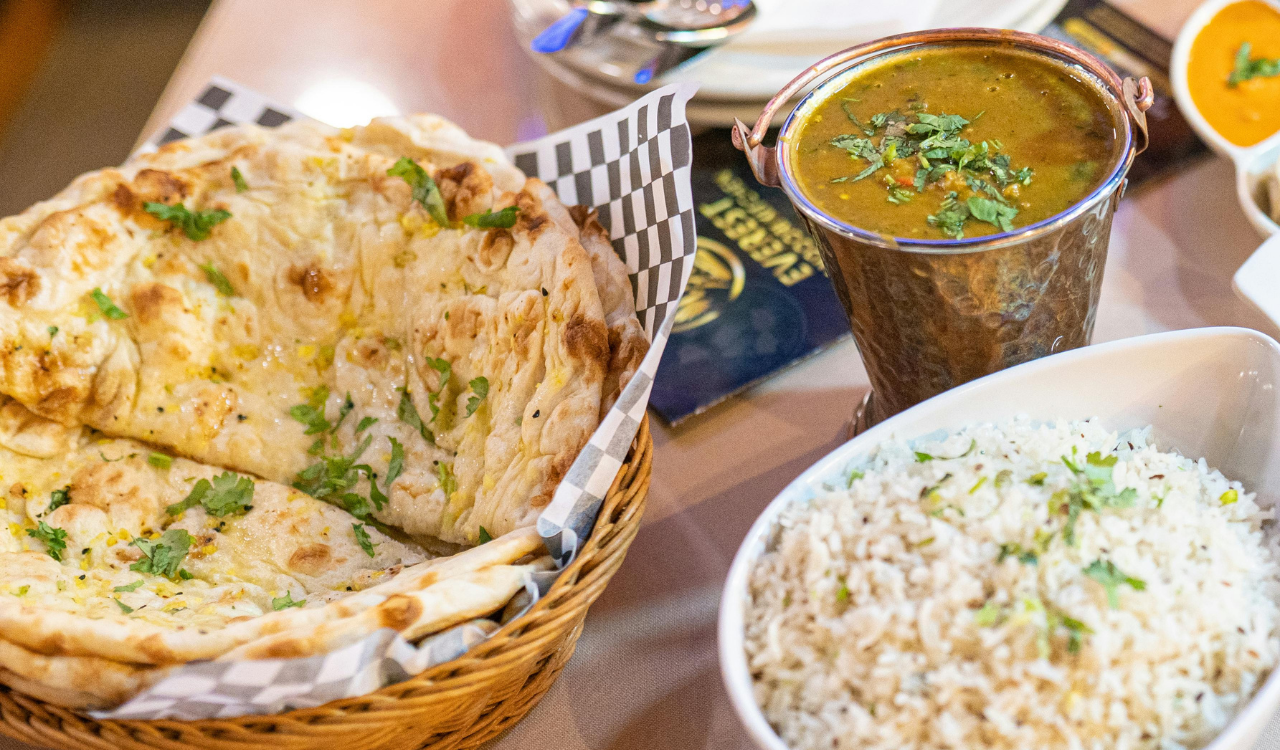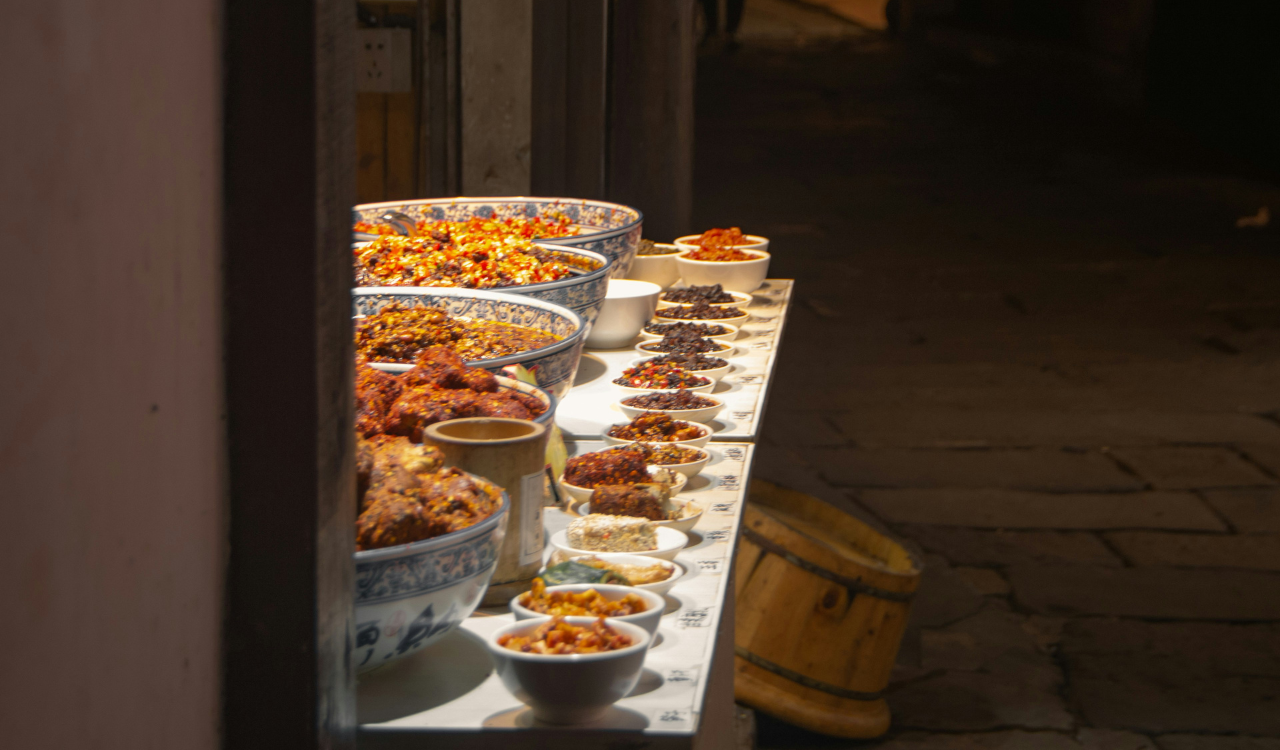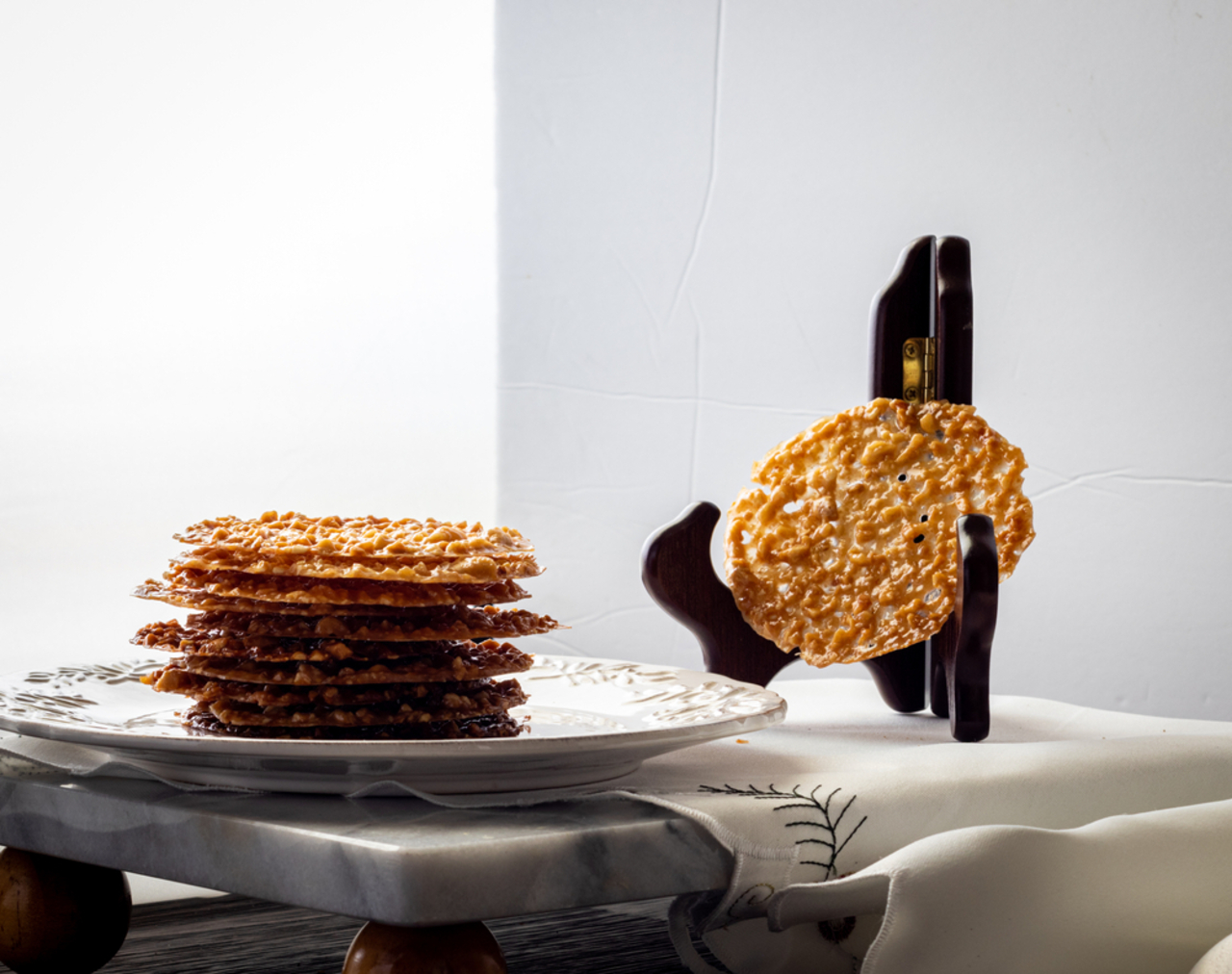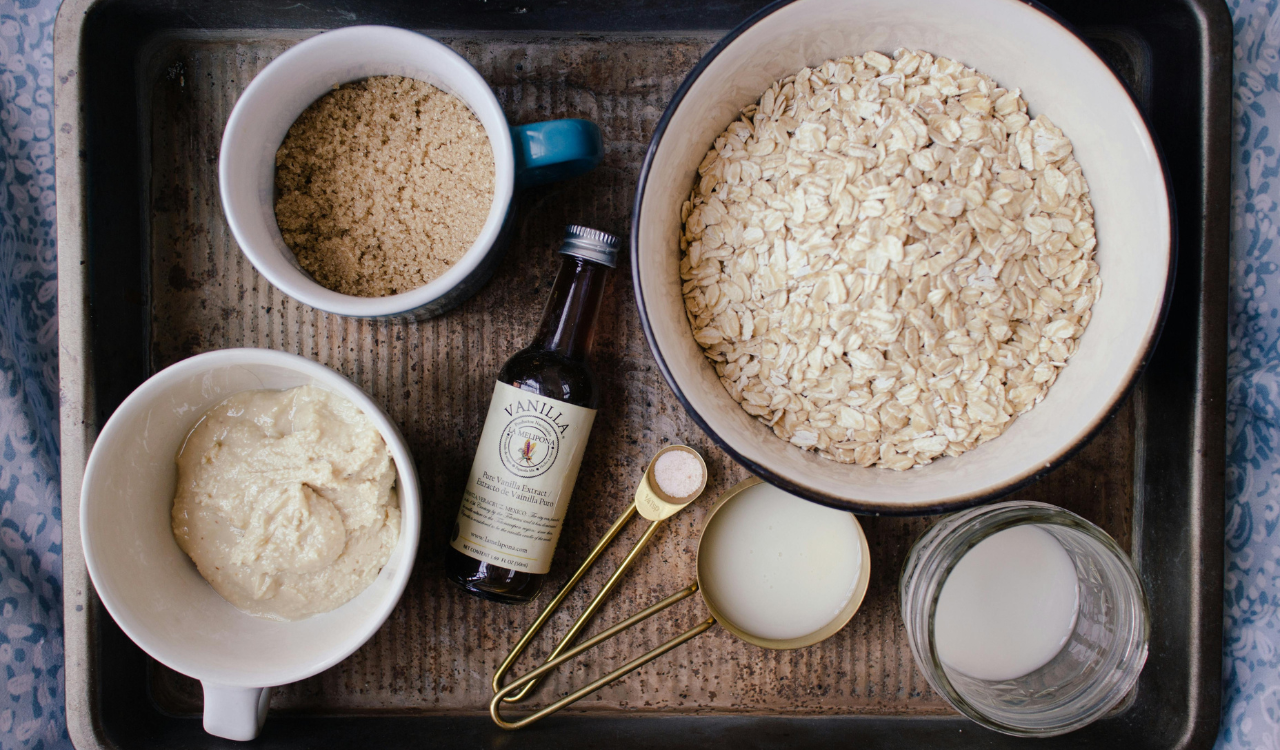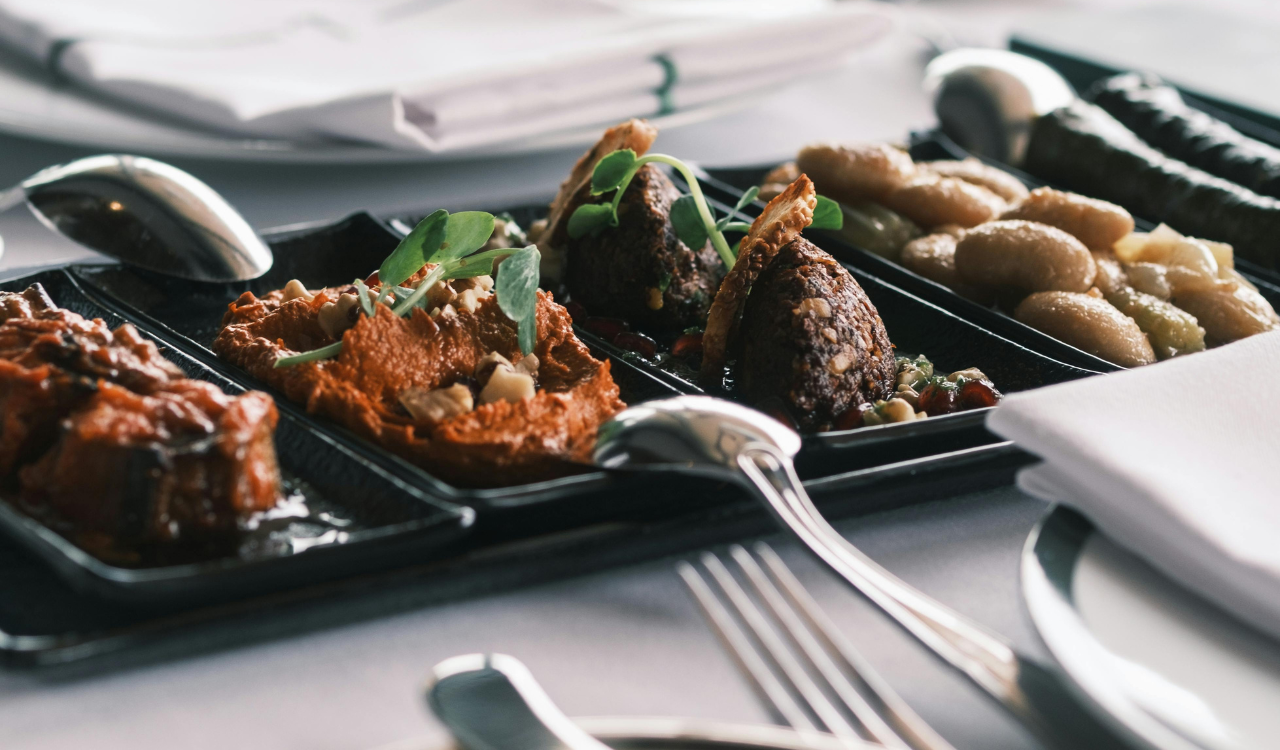The Rise Of The Sober-Curious Movement And Why Gen Z Is Drinking Less
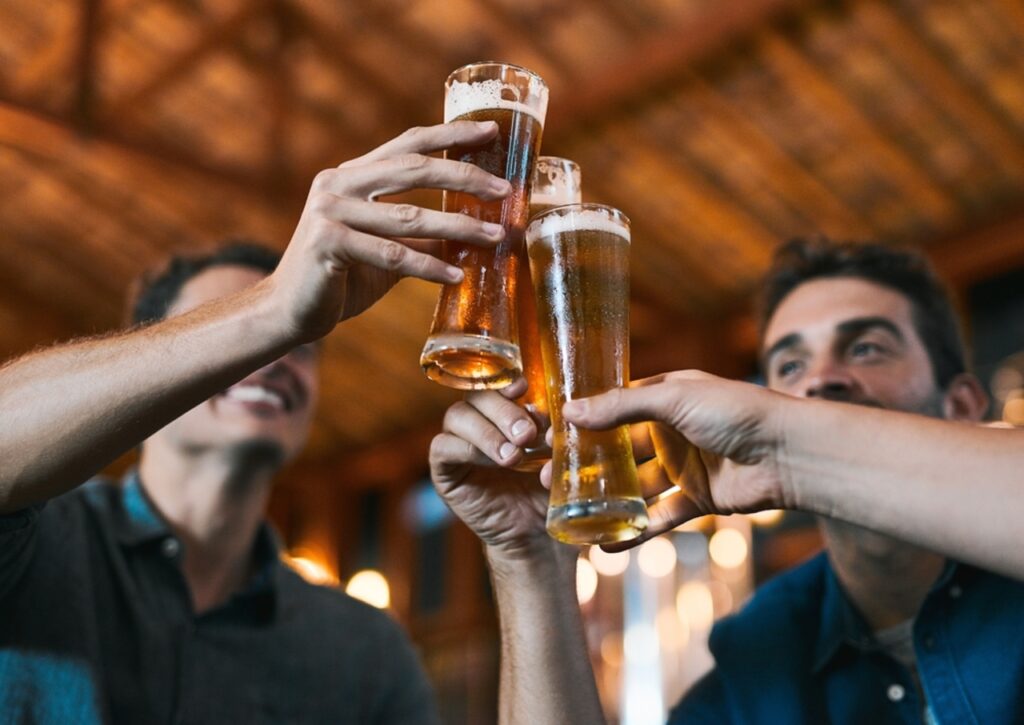
Sober curiosity is reshaping how people view alcohol without demanding total abstinence. Unlike traditional sobriety movements, this approach is about mindful experimentation, choosing when, why, and how to drink rather than adhering to strict rules. It emphasizes personal wellness and self-reflection, encouraging individuals to evaluate their relationship with alcohol in everyday life.
This mindset has roots in wellness trends, social media conversations, and growing awareness of alcohol’s long-term health effects. People are beginning to see that reducing consumption can improve sleep, mental clarity, and overall energy. What was once a niche idea has evolved into a social movement that blends moderation, mindfulness, and curiosity, appealing to those who want balance rather than extremes.
Gen Z and the Shift in Drinking Norms
Gen Z is leading the charge in redefining social drinking norms. Surveys indicate that this generation drinks less frequently and in smaller quantities than millennials or Gen X at the same age. Unlike past generations, who often equated socializing with alcohol, many Gen Zers prioritize experiences that don’t rely on intoxication.
Social media plays a central role in this shift. Platforms highlight wellness culture, nonalcoholic alternatives, and peer experiences with mindful drinking. Public discussions about mental health, productivity, and fitness also reinforce moderation. The result is a cohort that values connection, fun, and personal well-being over ritualistic drinking.
Motivations Behind Drinking Less
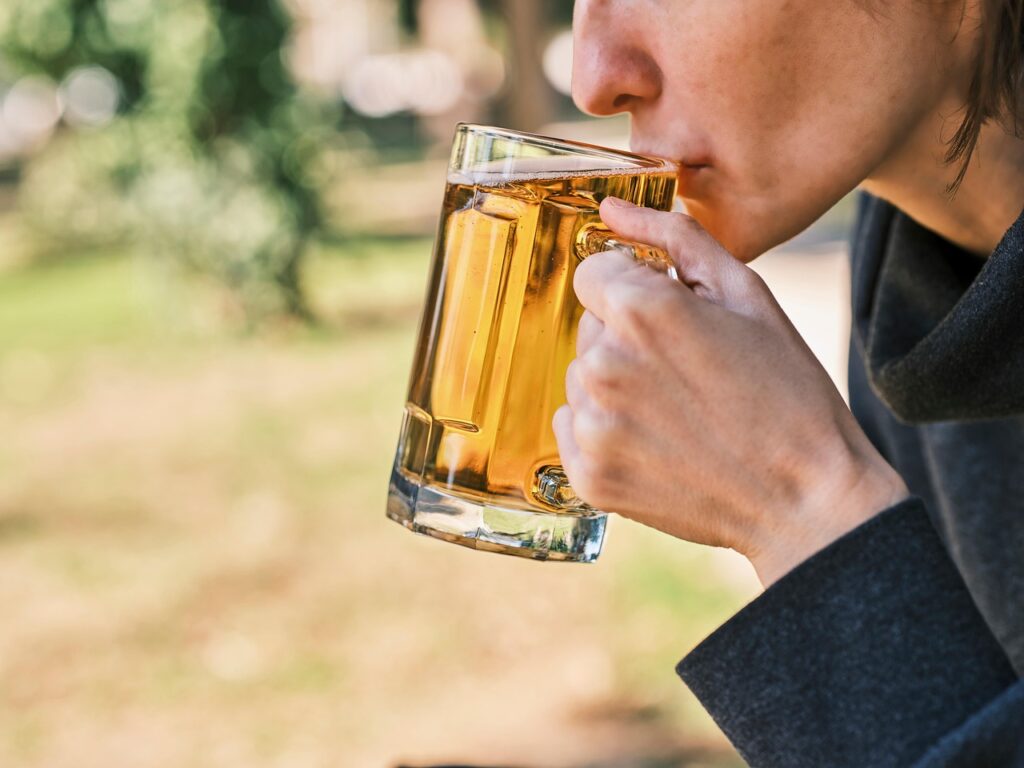
For many, health is the primary motivator. Awareness of alcohol’s impact on liver health, sleep cycles, and long-term wellness has grown, prompting thoughtful reductions in consumption. Mental wellness is equally critical; limiting alcohol can reduce anxiety, improve mood regulation, and enhance focus. Fitness goals also influence choices, as drinking can hinder recovery and energy levels.
Lifestyle and societal factors amplify these motivations. Peer influence, social media narratives, and cultural shifts around wellness normalize moderation. People are no longer judged for saying no to a drink; in fact, mindful reduction is increasingly seen as aspirational, reflecting a desire to live intentionally without sacrificing enjoyment.
The Role of Nonalcoholic Alternatives
Nonalcoholic beverages are central to the sober-curious movement. Alcohol-free beers, wines, and spirits have exploded in popularity, offering the flavor and ritual of drinking without intoxication. Producers now invest in taste, packaging, and branding that appeal to conscious consumers, making these options a viable social choice.
This category’s growth reflects broader societal trends: people want inclusivity in social settings, options that respect personal choices, and beverages that align with health-conscious lifestyles. Nonalcoholic alternatives remove the stigma of abstaining and encourage participation in social rituals without compromising wellness goals.
Psychological and Social Impacts
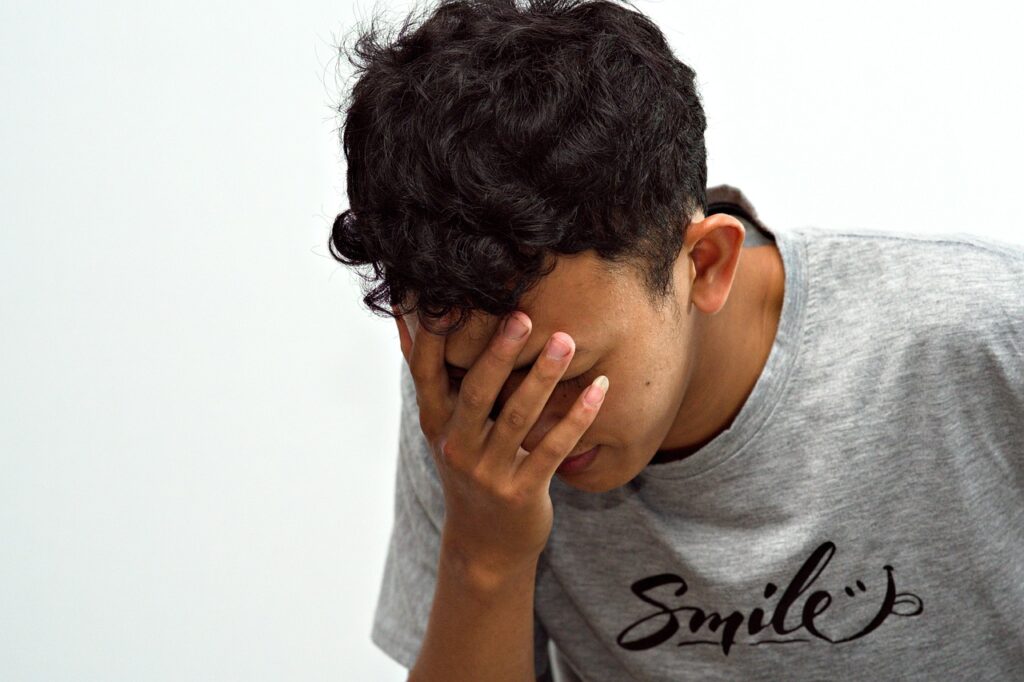
Mindful drinking influences more than health; it reshapes social interactions. Venues, gatherings, and rituals are adapting to accommodate those who skip alcohol or limit consumption. This cultural flexibility fosters inclusivity, allowing sober-curious individuals to engage fully without feeling alienated.
Psychologically, choosing to drink less can strengthen self-awareness and autonomy. Individuals report higher confidence in social settings and reduced anxiety associated with peer pressure. However, navigating traditional alcohol-centric environments can still challenge identity and social comfort, requiring careful negotiation of social norms.
Challenges and Criticisms of Sober Curiosity
While empowering many, the movement is not without criticism. Some view it as performative or trendy rather than a genuine lifestyle change. Others argue that promoting moderation may obscure the risks of dependency for those with alcohol use disorders.
Cultural friction persists. In regions or social circles where drinking is deeply embedded, opting out can provoke judgment or misunderstanding. Individuals must balance personal choices with external expectations, navigating subtle pressures while asserting autonomy over their consumption habits.
The Future of Beverage Culture
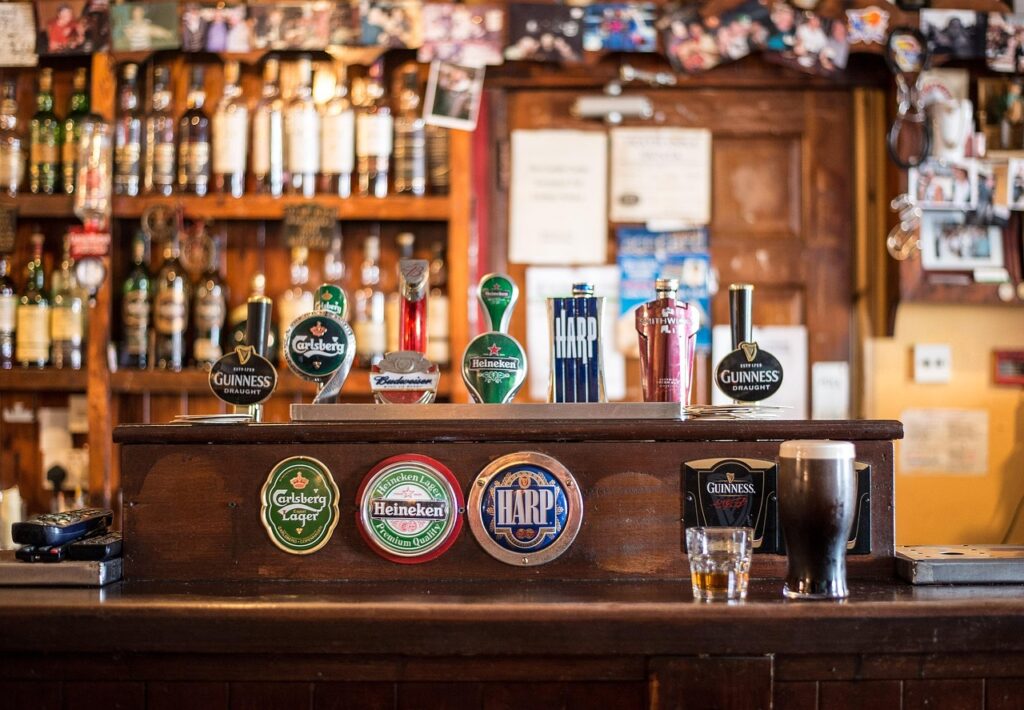
The sober-curious movement is reshaping both the market and social norms. Alcohol brands are responding with nonalcoholic lines, low-ABV options, and inclusive marketing campaigns. Retailers and bars are redesigning offerings to cater to consumers who prioritize flavor, experience, and wellness over intoxication.
Looking ahead, moderation and mindful drinking are likely to become standard rather than exceptional. As Gen Z continues to influence culture and purchasing behavior, beverage innovation, social inclusivity, and health-conscious habits will define drinking culture for years to come, making intentional choices around alcohol a lasting trend.
References
- The rise of ‘sober curiosity:’ Why Gen Zers are reducing their alcohol consumption – theconversation.com
- The Rise of Sober Curiosity in Gen Z – recovered.org
- ‘Sober curiosity’ destigmatizes the desire not to drink – apa.org
